What is Tensile Testing of Metallic Materials?
Tensile testing is the most common and one of the most important used mechanical tests of metallic materials, which determines the values of strength and deformation for metal applications, which are essential in the design and construction of various components, commodities, various machines and equipment or entire buildings.
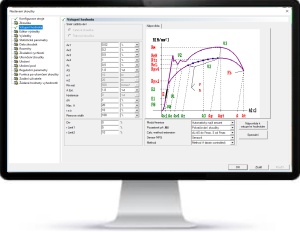
In tensile testing of metallic materials, the standard distinguishes between four temperature ranges in which tensile testing is performed: room temperature, elevated temperature, low temperature and liquid helium temperature. The use of different temperature ranges or the use of liquid helium medium in the tensile test causes a change in the methodology of the tensile test itself, as well as the requirements and requirements for test systems, including the prepared samples. Therefore, the International Standard ISO is divided into four different parts, each corresponding to one of the above temperature ranges:
- ISO 6892-1 test method at room temperature
- ISO 6892-2 test method at elevated temperatures
- ISO 6892-3 test method at lower temperatures
- ISO 6892-4 test method in liquid helium
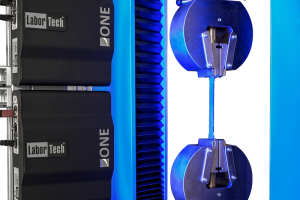
In addition to the internationally recognized ISO standards, our machines can perform tests on national standards such as: American ASTM standards, European EN standards, Russian GOST standards, etc. For specialized areas of application, ie the aerospace industry, other specific standards may be important or required.
Recommended LABORTECH Testing Systems for Tensile tests

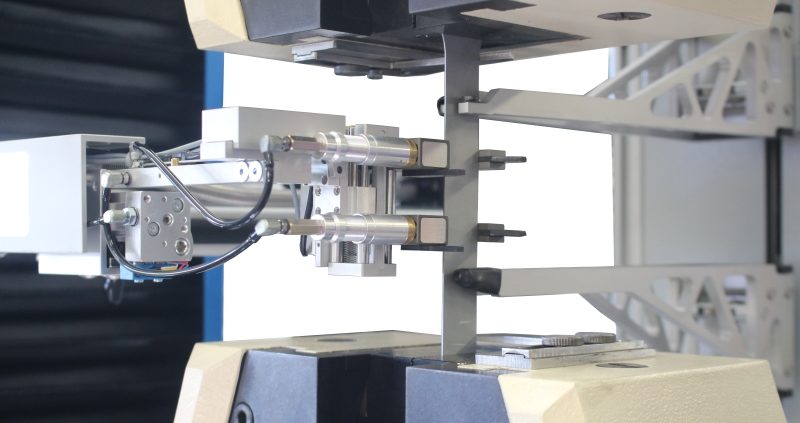
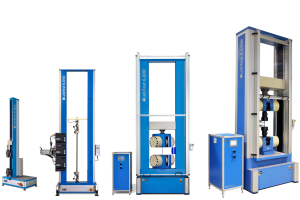
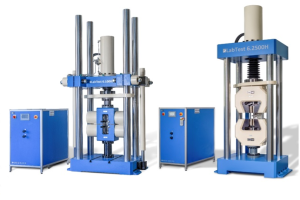
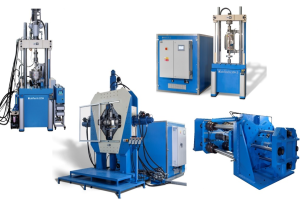


Leave a Reply
Want to join the discussion?Feel free to contribute!